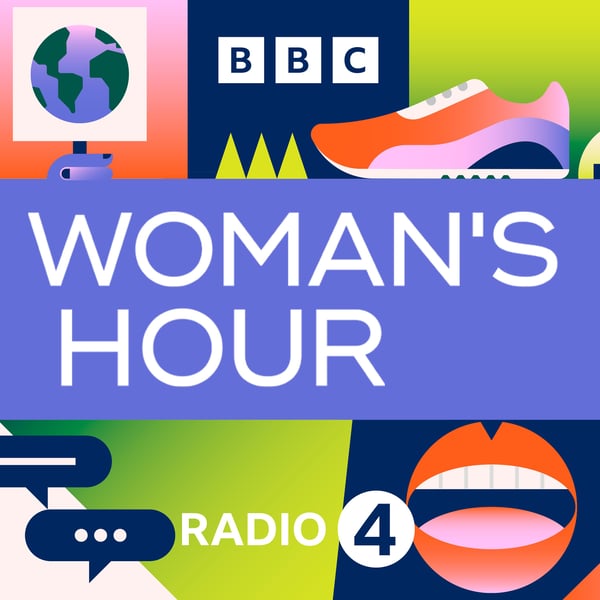Artist, Elsa James; Forced adoption and unmarried mothers; Ukrainian refugees; Chef, Fatmata Binta
Woman's Hour
BBC
4.2 • 2.9K Ratings
🗓️ 15 July 2022
⏱️ 58 minutes
🧾️ Download transcript
Summary
Transcript
Click on a timestamp to play from that location
| 0:00.0 | BBC Sounds Music Radio Podcasts |
| 0:04.4 | Hello, I'm Anita Rani and welcome to Woman's Hour from BBC Radio 4. |
| 0:10.5 | Good morning and welcome to Woman's Hour. |
| 0:12.8 | I'll be speaking to the new recipient of the world's most prestigious food price today, |
| 0:18.2 | Fatmata Bintas' speciality is the food of her tribe, the Fulani. |
| 0:22.9 | Really can't wait to talk to her about the food culture she promotes and is also very |
| 0:27.3 | importantly preserving. Not only the recipes but the way of life and crucially the stories |
| 0:33.2 | connected to the West and Central African cuisine. So this morning we're going to talk about |
| 0:38.4 | one of my favourite subjects, food because I'm permanently hungry. I'd like to hear from |
| 0:43.0 | you about the dishes or recipes that have been passed down in your family that you would |
| 0:47.9 | continue to share with the next generation. What is the special food stuff that brings |
| 0:52.5 | a smile to your face or makes you drool just thinking about it? Is there a spectacular |
| 0:57.3 | trifle that only your family makes? Is there a secret barbeque rub or marinade that only |
| 1:03.5 | you know about? Do you have a peculiar food ritual? Share your stories with me this morning |
| 1:09.0 | you can get in touch in the usual way. The text number is 84844. We've got so many |
| 1:14.2 | recipes in our household but the one thing that I would preserve to pass on to the next |
| 1:18.4 | generation is definitely my grand ginger pickle and my nanns, carrots and cauliflower pickle. |
| 1:25.6 | And this is because I remember on a trip to India when I was about seven years old. She |
| 1:30.0 | made tons of the stuff. First of all she dried out the carrots and the cauliflower by laying |
| 1:35.4 | them out in the midday sun before pickling them in lots of spices and then putting them |
| 1:40.4 | into huge containers for us to bring back to the UK in our suitcases which is what you |
| 1:46.0 | could do in the 80s. So your food stories please. You can text me 84844. You can also email |
... |
Please login to see the full transcript.
Disclaimer: The podcast and artwork embedded on this page are from BBC, and are the property of its owner and not affiliated with or endorsed by Tapesearch.
Generated transcripts are the property of BBC and are distributed freely under the Fair Use doctrine. Transcripts generated by Tapesearch are not guaranteed to be accurate.
Copyright © Tapesearch 2025.

